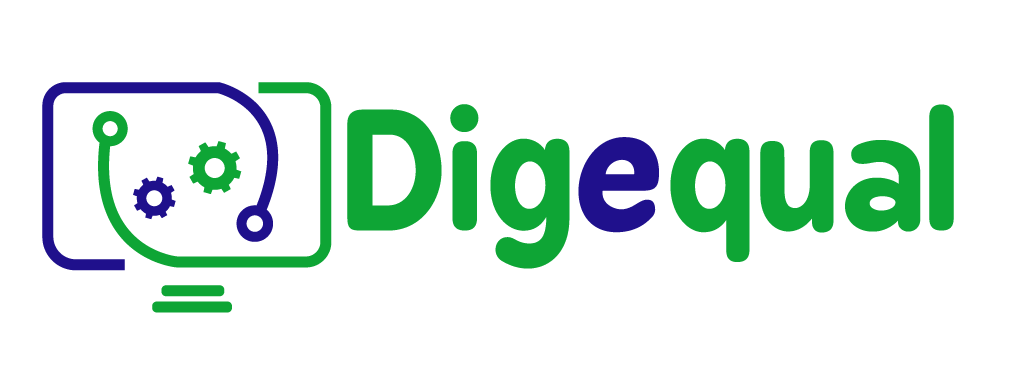e-health literacy: why is it crucial to know how to use literacy in e-health?
According to Norman, C. D.; Skinner, H. A. (2006) and Hayat, T; Brainin, E; Neter, E (2017), e-health literacy can be defined as the ability to search, find, understand and evaluate health information from electronic sources and apply the gained knowledge in order to address or solve health problems.
In other words, having composite skills of e-health services, knowing how to find and use Internet information, being able to identify trustworthy recourses, knowing how to use wearable devices to monitor your own health, schedule an online appointment, allows you to:
- Be protected from harm of a sudden event related to health issues.
- Participate in informed health-related decision making.
- Be aware of the risk of encountering unreliable information on the Internet.
- Have instant access to your medical history.
- Have instant communication with medical centers and doctors, without them to be physically present.
e-health literacy can be helpful when:
- Scheduling an online appointment
Allows patients to book or reschedule appointments with their healthcare providers. - Receiving telemedicine consultations
Allow patients to receive medical consultations through video or voice calls, avoiding the need for an in-person visit. - Managing personal health records
Allow patients to access and manage their personal health information, including test results, medications, and medical history. - Have access to health information resources
Provide access to articles, videos, and educational materials on various health topics, as well as access to online communities and forums for support and advice. - Remote monitoring while using sensors and wearables
Using wearable devices or digital sensors to monitor patients’ health status and share the data with healthcare providers. - Managing medication
Providing reminders and alerts for taking medications, ordering refills, and tracking medication history. - Tracking progress through fitness and wellness apps
Offers personalized exercise and nutrition programs, tracking progress and providing support to maintain healthy habits.
Why is e-health literacy important?
Health literacy is vital for everyone because, at some point in our lives, we all need to be able to find, understand, and use health information and services. Taking care of our health is part of everyday life, not just when we visit a doctor, clinic, or hospital. Being able to do so, it helps us prevent health problems, protect our health, and better manage them when they arise.
However, e-health literacy it depends, not only on mere access to technology, but on the ability to apply the knowledge gained. For instance, people who read well and are comfortable using numbers can also face health literacy issues when:
- They are not familiar with medical terms.
- They have to interpret statistics and evaluate risks and benefits that affect their health and safety.
- They are diagnosed with a severe illness and are scared and confused.
- They have health conditions that require complicated self-care.
- They are voting on an issue affecting the community’s health and relying on unfamiliar technical information.
